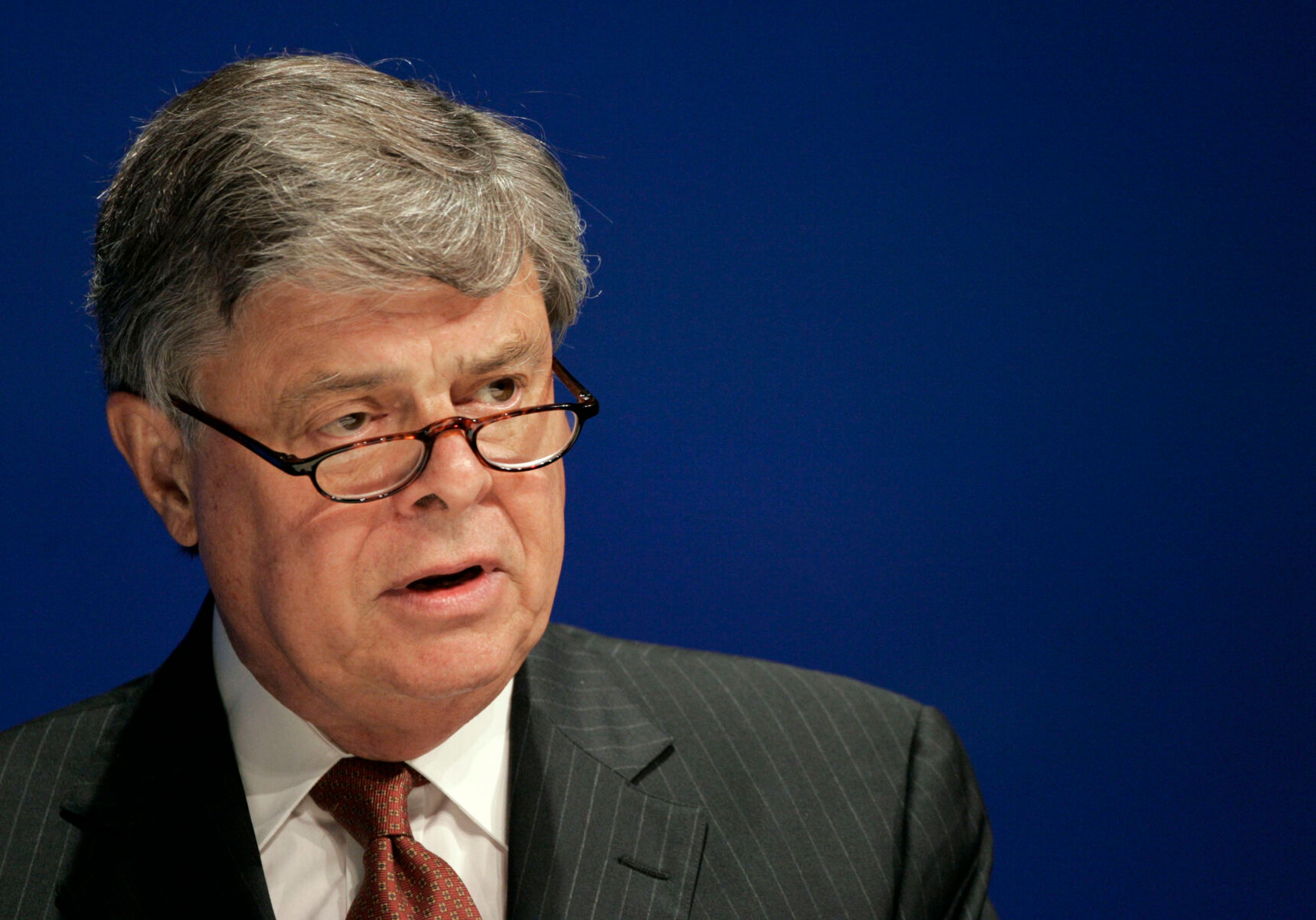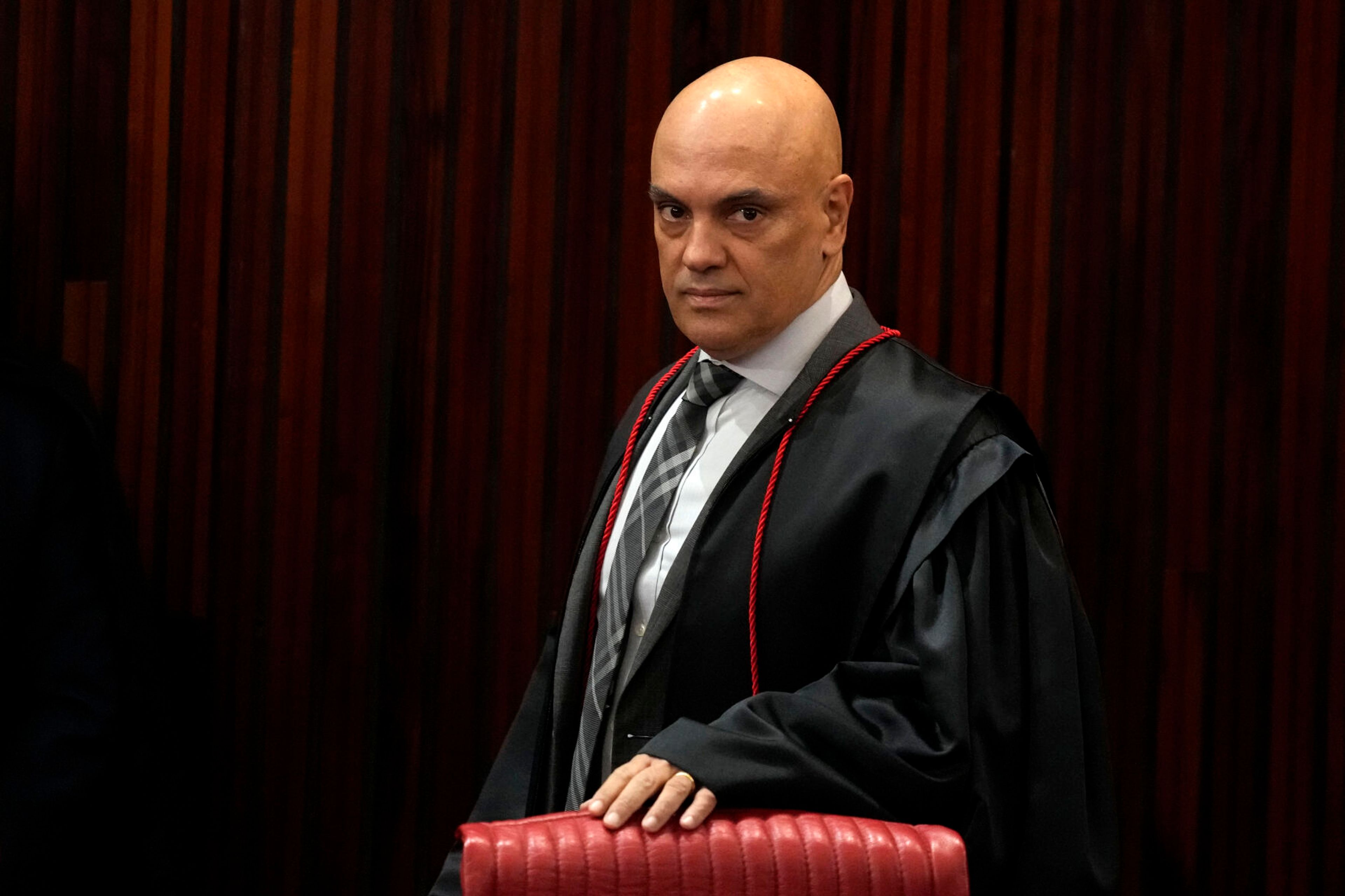WASHINGTON — If Shakespeare had titled Attorney General William Barr’s appearance on Wednesday before the Senate Judiciary Committee, he would have called it “Much Ado About Nothing.”
Democrats seized on the supposed “bombshell” that special counsel Robert Mueller wrote a letter to Barr expressing dissatisfaction with the attorney general’s four-page memo to Congress from March 24, declaring it “did not fully capture the context, nature, and substance” of his report. Barr told senators upon receiving the special counsel’s letter that he immediately called Mueller and said “Bob, what’s with the letter? Why don’t you just pick up the phone and call me if there’s an issue?”
Here’s a better question he should have asked: “Bob, why didn’t you accept my offer to review the memo before it was released to the public?”
The fact is, Barr gave Mueller the chance to go over the document, and offer comments or suggested edits, before the attorney general made it public. Mueller declined to do so. Sorry, you don’t get to turn down an opportunity to review a document before release, and then complain about it later if you don’t like how it is being covered by the media.
And putting his complaints in a letter — “going to paper” in Justice Department parlance — the details of which (surprise, surprise) were then leaked to the media on the eve of Barr’s testimony, was dishonorable. The entire episode hurts Mueller’s reputation more than it does Barr’s.
Moreover, officials told The Washington Post, “When Barr pressed (Mueller) whether he thought Barr’s letter was inaccurate, Mueller said he did not, but felt that the media coverage of the letter was misinterpreting the investigation.” So, there was nothing wrong with Barr’s letter per se. What Mueller really wanted was for Barr to release more information — specifically the introduction and executive summaries of each volume of the report, which he had “marked with redactions to remove any information that potentially could be protected by Federal Rule of Criminal Procedure that concerned declination decisions; or that related to a charged case.”
But, as Barr testified on Wednesday, even if he had agreed that releasing the introductions and executive summaries was a good idea (which he did not), he could not have done so because they required additional redactions from the intelligence community. Barr did not want to release the report piecemeal. “I thought what we should do is focus on getting the full report out as quickly as possible,” he said. The attorney general did just that.
Regardless, the whole issue was moot by the time Barr testified, because the entire 448-page report — including the introduction and executive summaries — has been released to the public. That did not stop Democrats from using it to attack Barr’s credibility. Sen. Mazie Hirono, D-Hawaii, told Barr “you lied to Congress” and had “chosen to be the president’s lawyer” rather than America’s lawyer. She announced that she had asked the Justice Department inspector general to investigate his conduct. She called on Barr to resign. “Being attorney general of the United States is a sacred trust. You have betrayed that trust. America deserves better.” It was a disgusting partisan display. Judiciary Committee Chairman Lindsey Graham, R-S.C., rightly chastised Hirono, declaring, “You slandered this man from top to bottom.”
Far from lying, Barr has bent over backward to be open with Congress and the American people. He overrode Justice Department regulations, and released the full Mueller report with only minor redactions. That’s virtually unprecedented. And he has made an almost completely unredacted version of the report available to members of Congress, who now have access to all but one-tenth of 1 percent of the document. And while the Justice Department worked overtime to speed the redaction process, he released a memo that accurately informed the American people about Mueller’s bottom line conclusions. It is a fact that Mueller declared that his “investigation did not establish that the Trump Campaign conspired or coordinated with the Russian government in its election interference activities.”
And it is a fact that while the report “does not exonerate him” of obstruction it also “does not conclude that the President committed a crime.” For two years, Trump was falsely accused of being a Russian agent and colluding with Russian President Vladimir Putin — including by many of those on Capitol Hill now attacking Barr’s credibility. If members of Congress want examples of dishonesty and efforts to mislead the American people, they can start by looking in the mirror.
Thiessen writes for the Washington Post. Follow him on Twitter, @marcthiessen.









